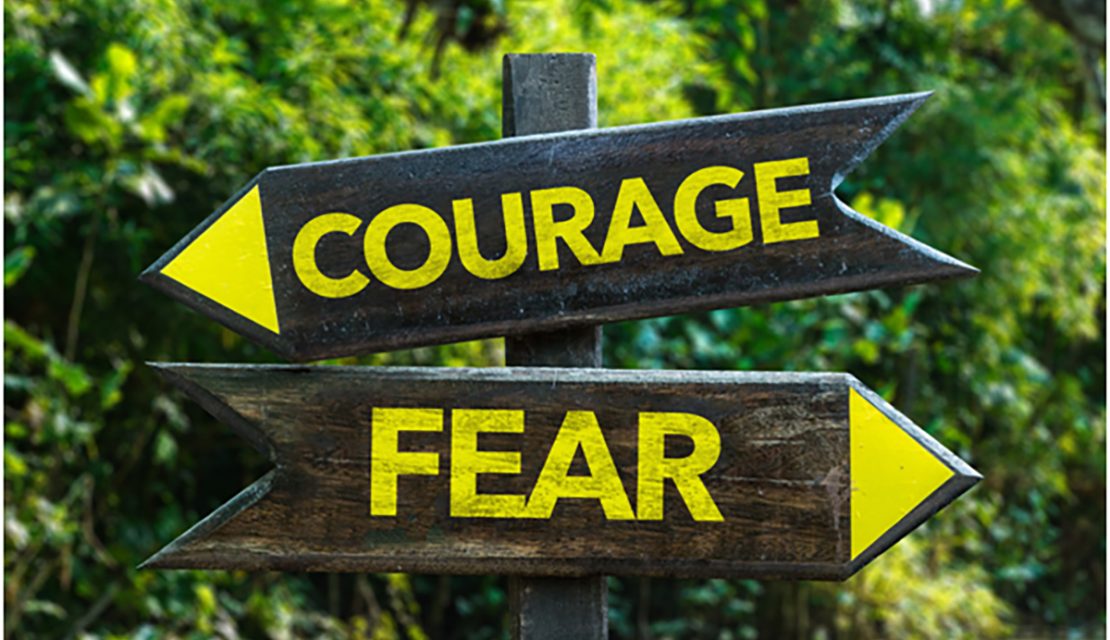
By Brenda Guchu
Shonda Rhimes is the creator and showrunner of Greys Anatomy or Scandal series shows. As she is a strong black woman well known for bringing immense diversity to television by using her art and stories to speak on issues that are often either ignored, or left unvoiced because nobody had the courage to speak out. More often than not, her characters will actively tackle the subjects of abortion, marriage, sexuality, politics et cetera and regardless of your stance on these issues, you will have to concede it takes a certain flavor of boldness to confront a subject of much public discomfort. Associates and fans of Shonda claim her work ethic is unmatched. And it makes sense, it is the only way anyone would make content for so many hours of television every week!
But why should you care?
A few months ago, Shonda revealed a well-kept secret. She has lived most of her life with visibility and workaholic issues. As a writer, a lack of release was coming in the way of her journey as a creative mind, and as a mother of three, workaholic tendencies threatened to tear her family apart. To confront this, Shonda decided to have what she called the “Year of Yes”. For an entire year, she would say yes to everything that scared her. She would attend parties even when it meant meeting tens or hundreds of strangers. She would do interviews. She would make speeches even in front of thousands of people. She would lose weight even when it meant indulging much less. She would make her life happen again.
A year later, Shonda had made some of the greatest public talks I have heard in a while. She had lost more than 100 pounds and gave a commencement speech at her alma mater. She actually made things happen by saying yes!
I don’t tell you this so you indulge me in my favorite show, although I hope you would. I tell you this because it is one of the greatest stories of courage I have encountered in recent times. Often, we use courage as a word to describe others. We admire courageous people and admonish timidity. In fact, we often use courage as measure of social and political capital. We have made it as a metric to gauge people’s influence of the world. But for ourselves and our own lives, we lower the bar.
Courage is intentional and conscious
Courage is intentional and conscious. Being humble enough to admit your own fears is a demonstration of courage. Courage is being wise enough to accept the risk of failure, but bold enough to confront it anyway. We need to raise the bars on our courage. It is a necessity for every woman, yet it remains elusive.
Life is a constant struggle between the courage to respond and the courage to initiate. How do you respond when your boss asks you to lead a workstream or make a presentation? What is your answer to a handsome and deeply unnerving man asking you on a date? Should you accept the party invitation in spite of your inexplicable social anxiety? Should you take up that business proposal for from your friend?
Courage requires initiative
The courage to initiate on the other hand is a little more complex for you to generate enough interest from the other party and to elicit a response. The bravery to initiate is when you want to ask for a raise, or when you want to speak up and ask a question in a room full of people. It is when you want to apply for a job but feel unsure on your fitness and qualification for it. The courage to initiate is a source of fear.
So how do you master courage to respond or initiate?
Adopt a habit of saying “Yes”
For the former, I suggest you adopt a habit of saying “Yes”! Say yes especially when you are not sure if you can do it. If it sounds like you will be in it above your head, just say yes and then figure it out. The ability of the human mind is subject to the mind’s imaginations. You need to welcome everything that expands how you imagine that ability. Do it every day if you can.
The courage to initiate needs a lot more work. You need to push yourself into seemingly impossible situations, which is not the natural inclination of the human mind. The natural inclination is to take the easy way out. But it’s helpful to remember what John A. Shedd said, “A ship is safe in the harbor, but that’s not what ships are made for”. Go out there and meet your storm, sail through it and come on the other side sweating and tired, but shining and accomplished. That’s what you are made for.
